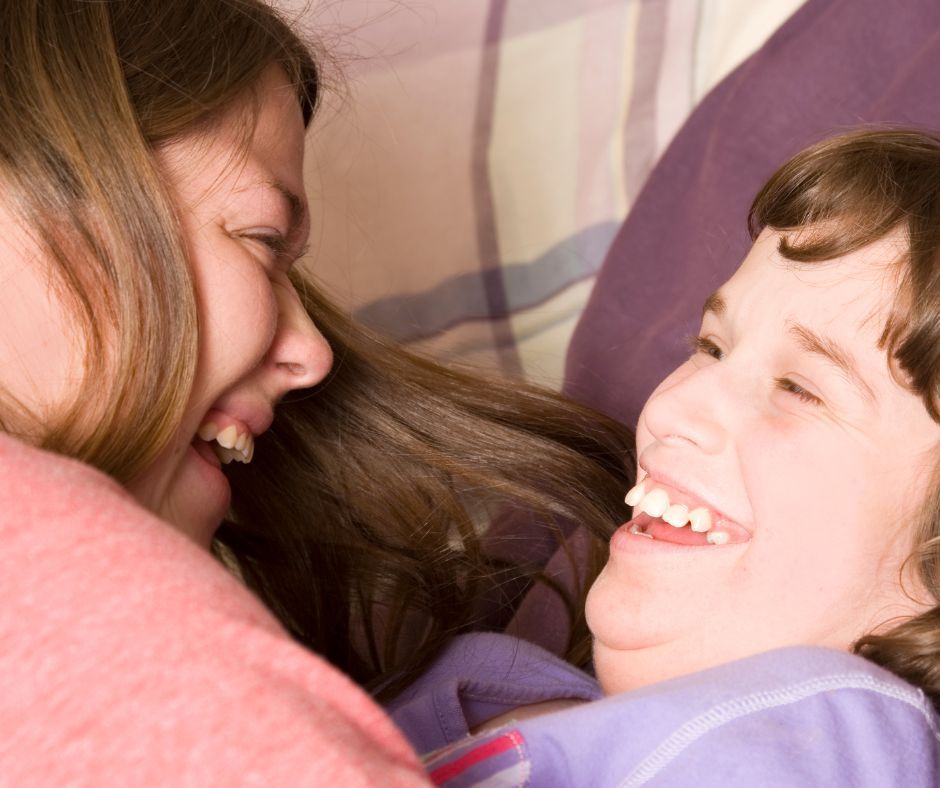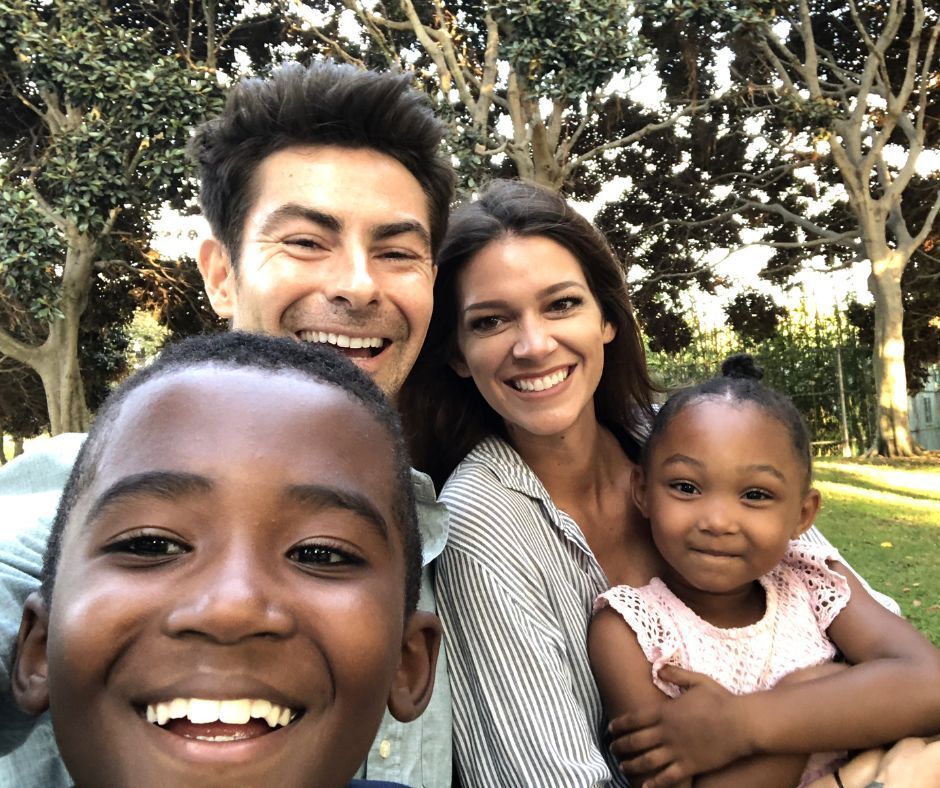My niece gripped my hand tightly, tears streaming down her face. We still had to cross the river six more times—slippery rocks, cold water, exhausted legs. She had already fallen twice. She was hungry, overtired, and overwhelmed by a hike that, in hindsight, was way too much for a 6-year-old. We did not know what we were getting into when we went searching for “The Devil’s Bathtub” in Virginia.
My teenage daughter, also tired, let her frustration show. "Why is she crying so much?" I stepped in gently, “You would’ve been crying too if you were six and had taken this hike.” She raised an eyebrow. “We loved hiking as kids. We didn’t cry. We were so tough.” I laughed. “You did love hiking. And you also cried. A lot.” At the end of long trails, you wanted to be carried. Sometimes you wanted to be magically transported back to the car. Sometimes you were just scared or done or hot or hungry—or all of it at once.
We expect little kids to have the stamina and emotional resilience of grown-ups—or even teenagers. But they’re still small. Still growing. Still learning what it means to feel safe when their bodies are tired and their world feels too big.













